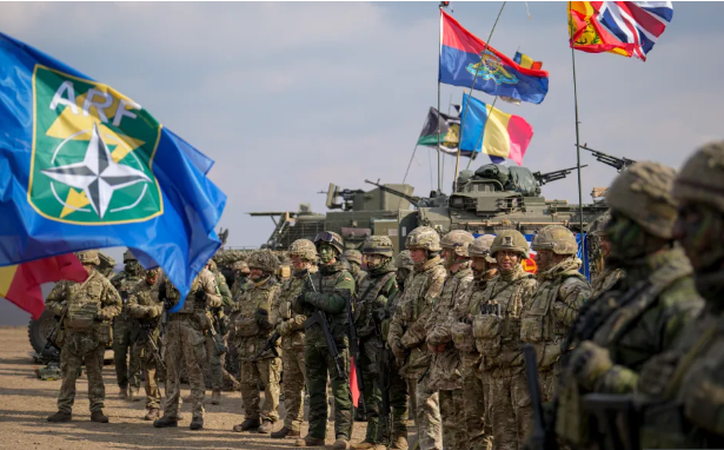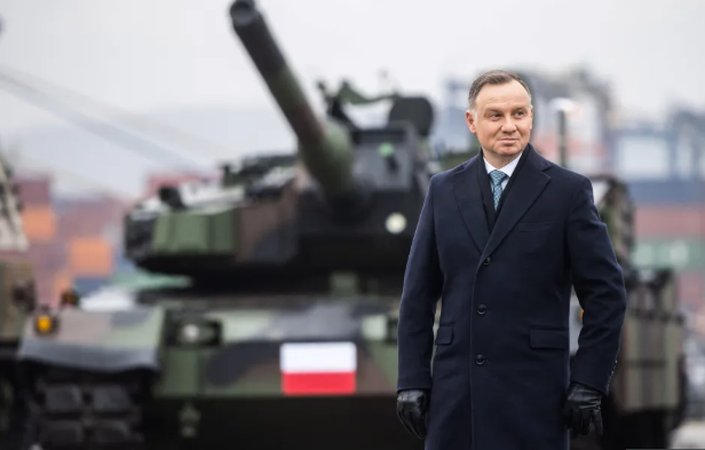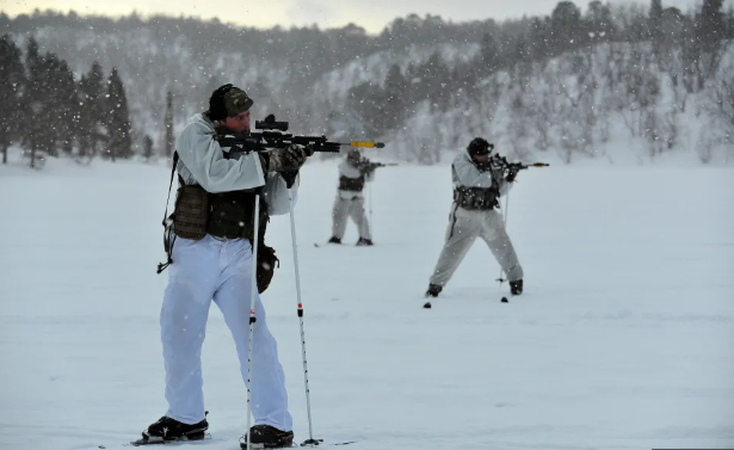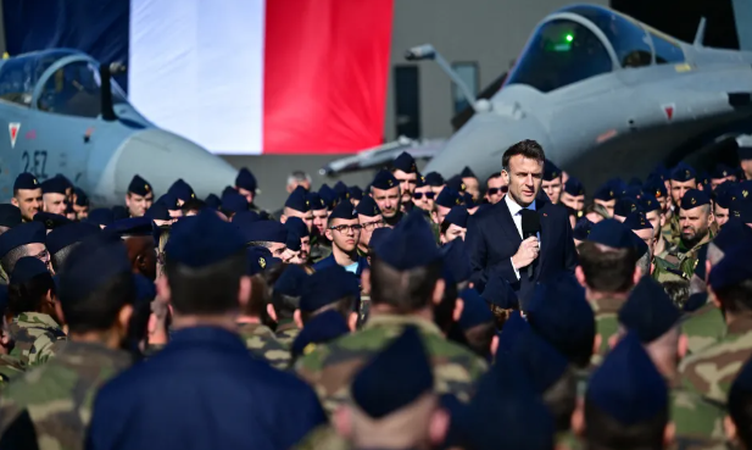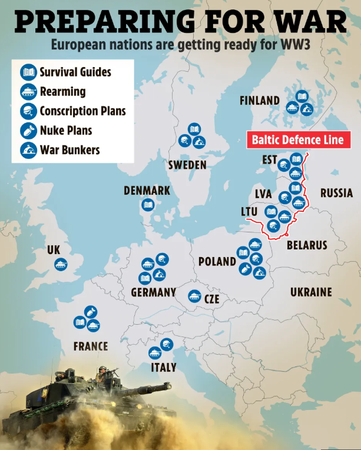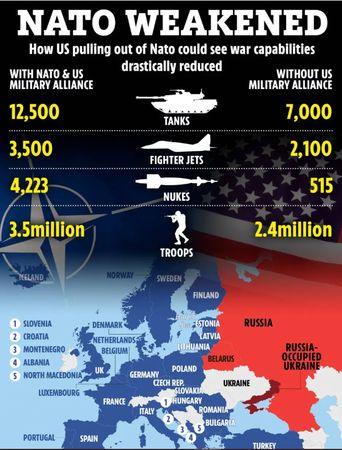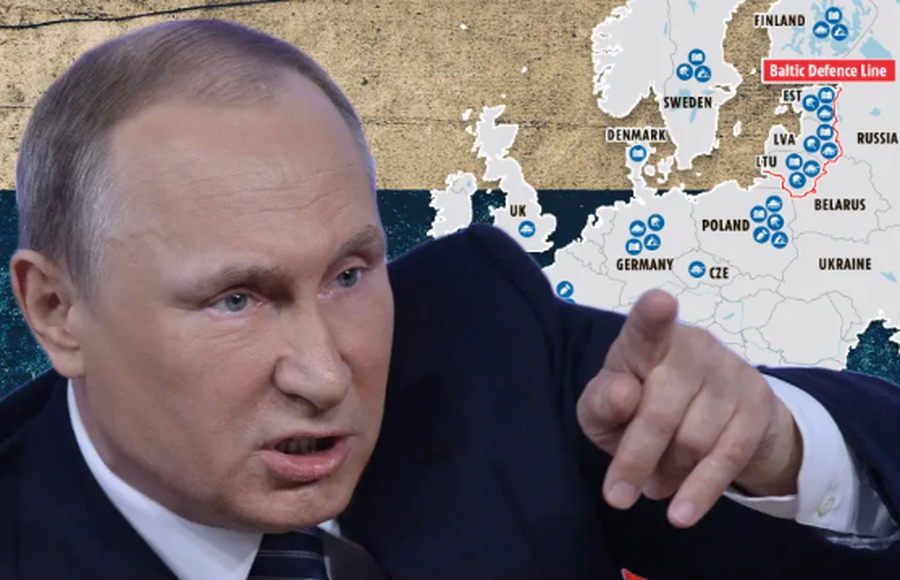
In response to growing threats from Russia, European countries are intensifying preparations for a possible full-scale conflict, including survival guides, building nuclear bunkers, and implementing or considering compulsory conscription.
France , for example, is preparing a survival guide and has deployed nuclear-armed aircraft near Germany, with the latter potentially coming under French nuclear protection.
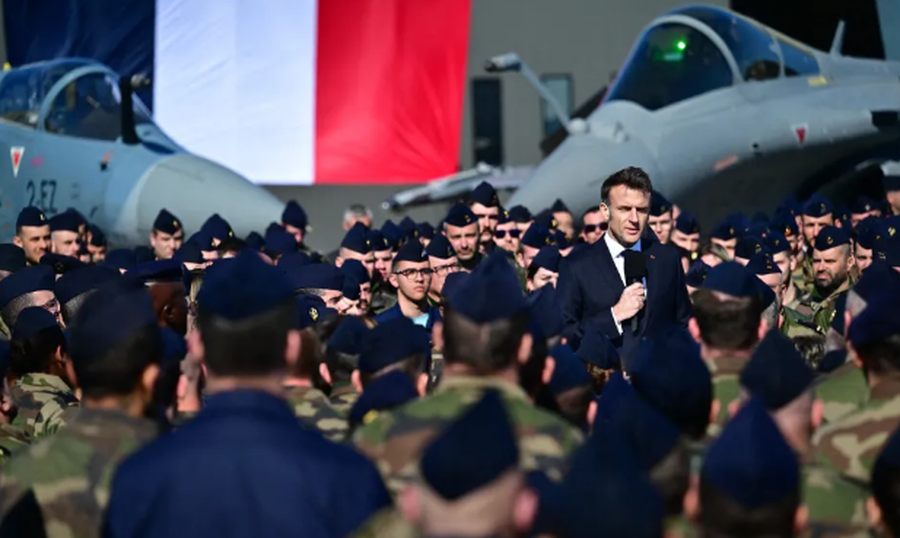
Poland and other Nordic and Baltic countries are strengthening defenses and planning recruitment.
The Baltic countries are building a joint defensive line along the border with Russia, which will include around 600 bunkers in each country.
This line will also contain tank trenches, defensive forests, anti-armor obstacles known as "dragon's teeth" and "hedgehogs", as well as missile systems.
Poland and the Baltic states have also withdrawn from an international treaty banning anti-personnel mines as they prepare to stop a potential Russian attack.
The Baltic and Nordic countries are very aware of the threat posed by Russia, with all of them already having some form of compulsory conscription in place.
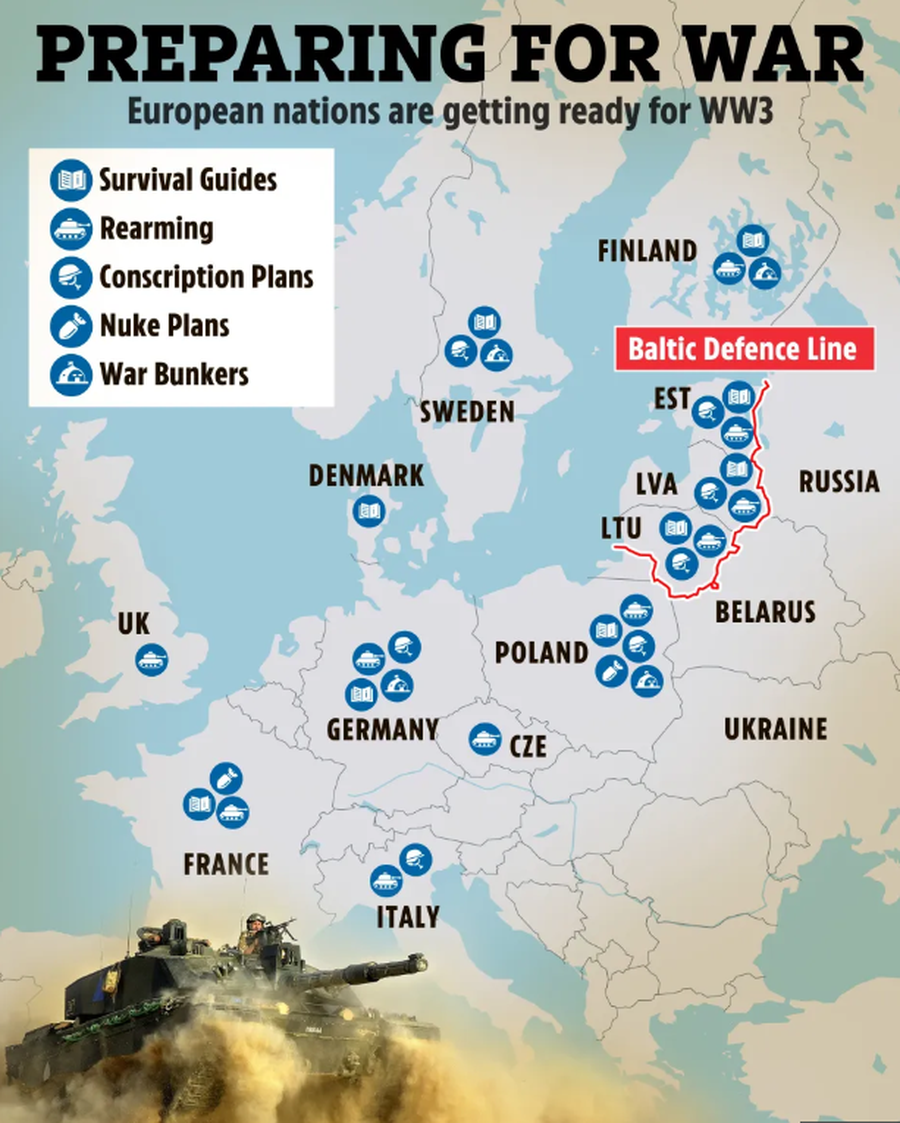
Norwegian officials are preparing for mass evacuations for citizens in some of the country's northernmost cities.
Norway , which shares a 195-kilometer border with Russia in the Arctic, will host a NATO exercise next year and wants civilians to take part. Residents will have to flee west or south to Finland to escape imaginary advancing Russian troops. Nordic citizens have already been provided with a shocking guide to wartime survival.
Norwegians have received a brochure that asks residents to learn how to survive on their own for a week in the event of war.
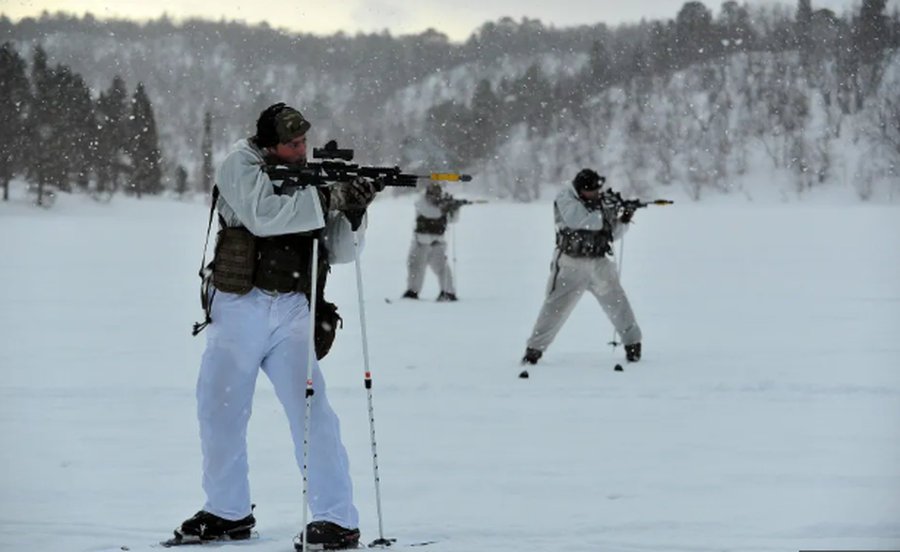
In November, brochures with the worrying title: "If War Breaks Out, or 'War Is Coming'" were distributed to Swedish homes, while other countries have issued their own advice for fearful citizens.
Neighboring Finland has warned the population to prepare "for incidents and crises."
In the summer, the Danish Emergency Management Agency issued a warning to Danish adults, listing the supplies of water, food and medicine needed to withstand three days of crisis. Sweden and Finland, shocked by the atrocities that Vladimir Putin has inflicted in Ukraine since 2022, abandoned neutrality and joined NATO.
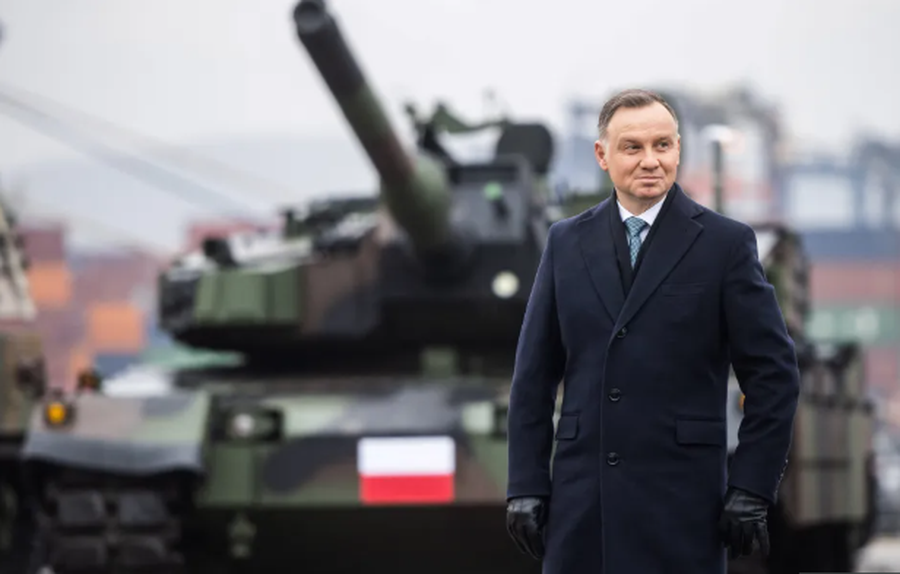
Germany has detailed plans in its 1,000-page document "Operation Deutschland", which includes protecting infrastructure and relocating 800,000 NATO troops and 200,000 vehicles in the event of a direct confrontation with Russia.
The government is also drawing up a list of bunkers that could serve as shelters for civilians. The Interior Ministry announced that underground train stations, parking lots, state buildings and private properties could be used for protection.
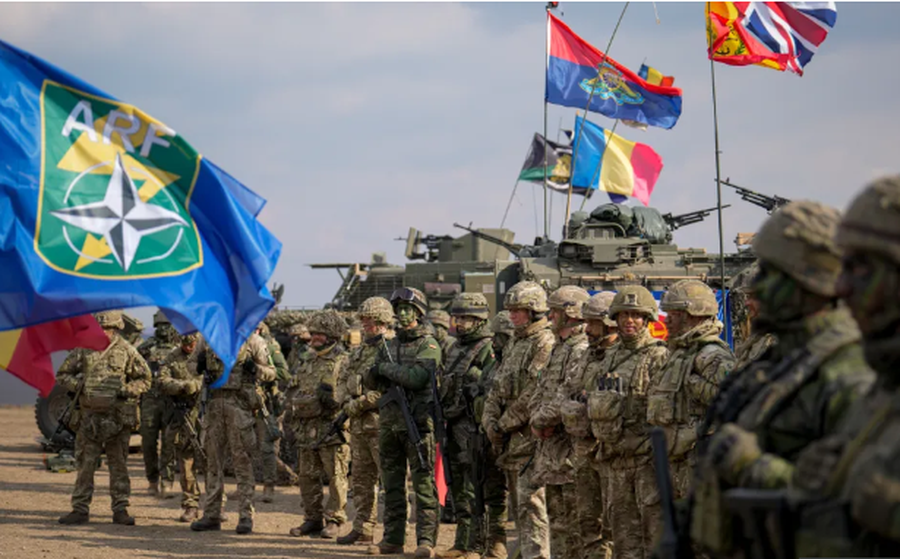
The EU is also embarking on a major military spending spree, aiming to strengthen its defenses, including investment in a possible drone shield stretching from the Baltic to the Black Sea.
In the context of these preparations, Ukrainian President Volodymyr Zelensky has called for the creation of a "European Army" to counter Russian aggression, excluding US involvement. The initiative aims to strengthen Europe's defenses without direct US support, reflecting growing concerns about a potential conflict with Russia.
In the United Kingdom, Prime Minister Sir Keir Starmer has proposed a peace plan for Ukraine that could include the deployment of up to 30,000 British and European troops as a security force. The proposal is intended to back up any US-brokered peace deal and deter Russia from violating it. However, the initiative has met with resistance from some European countries and the US administration, which is wary of provoking Russia.
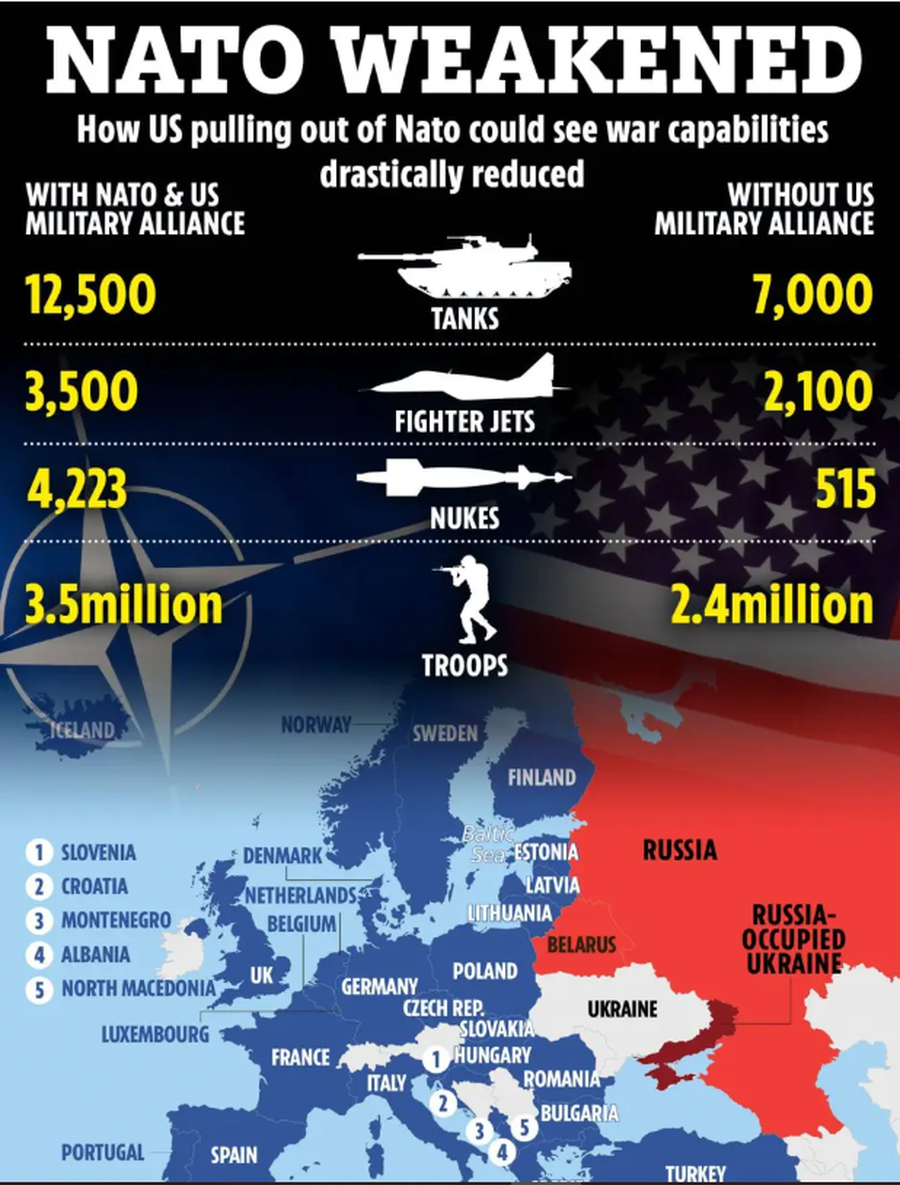
In response to these developments, Russia has warned that NATO intervention could lead to a wider conflict. Dmitry Medvedev, a close ally of President Vladimir Putin, has stated that NATO intervention would lead to war, increasing tensions in the region.
Europe's preparations for a potential conflict with Russia include comprehensive measures aimed at strengthening defense and civil preparedness. These measures reflect the seriousness with which European countries are approaching potential threats and their commitment to protecting their sovereignty and national security. (A2 Televizion)

